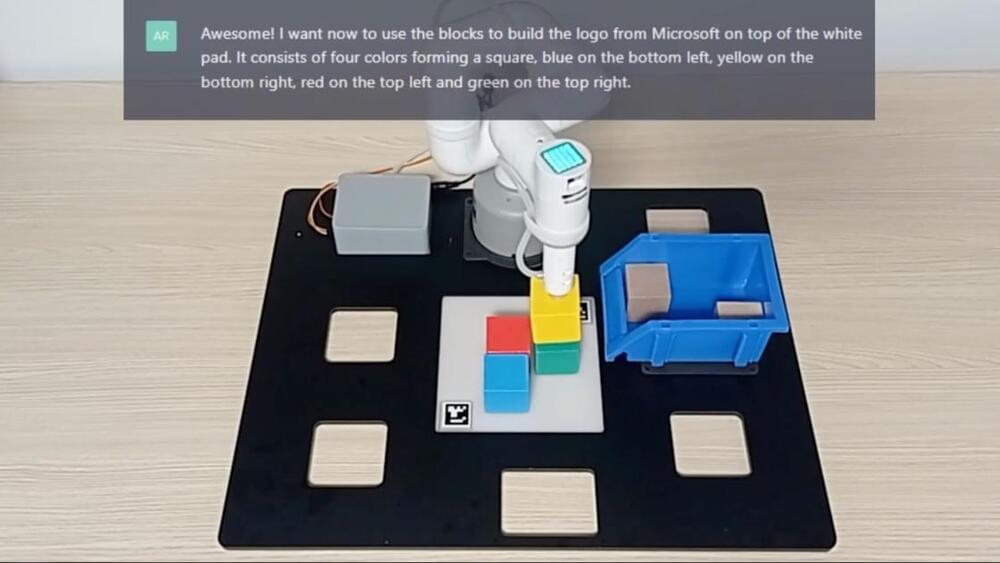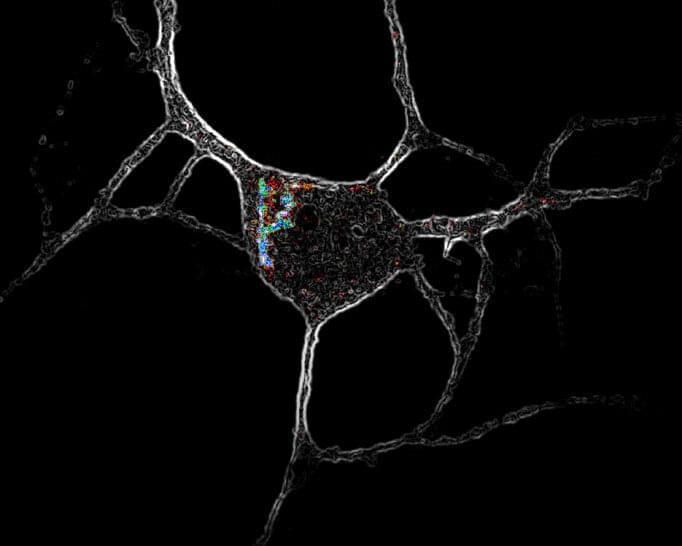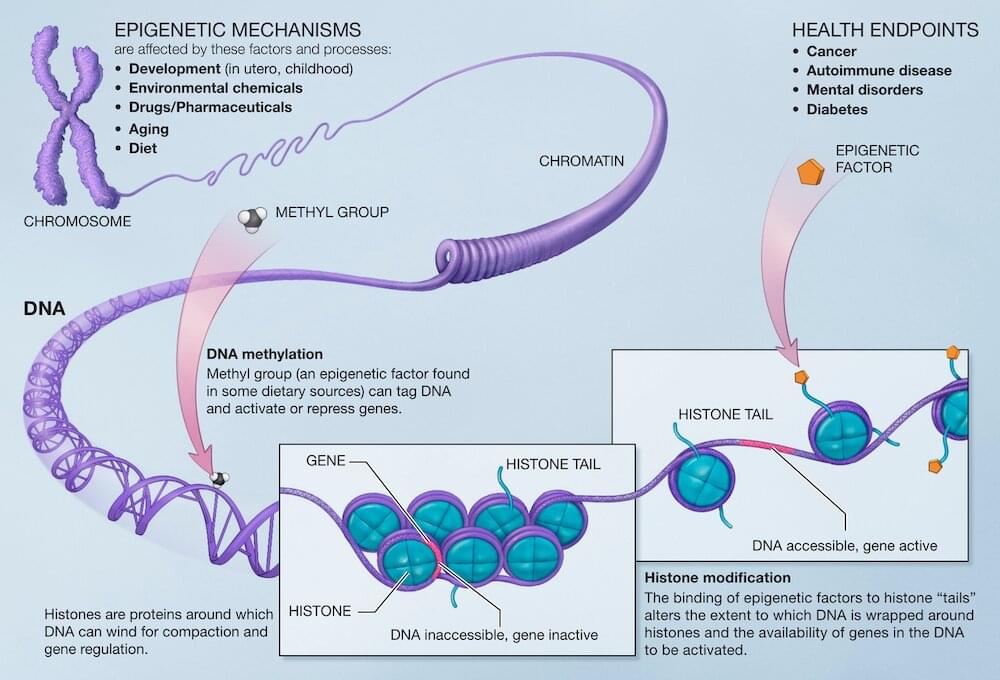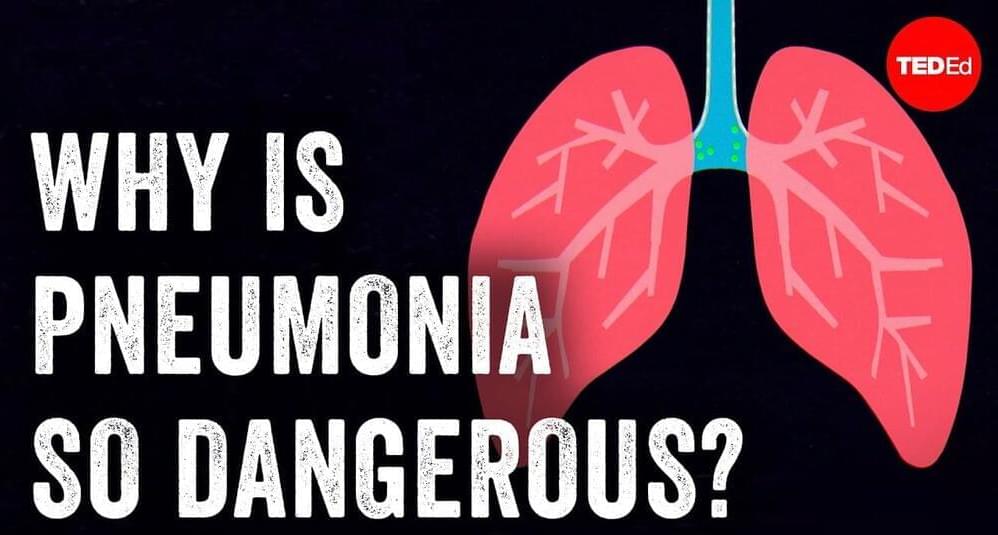Feb 21, 2023
Quantum Telescopes Could Offer Clearer Views of Our Solar System and Beyond
Posted by Atanas Atanasov in categories: particle physics, quantum physics, space
Scientists want to use quantum mechanics to capture higher-resolution images of the night sky.
For the purposes of astronomy, the two beams are collected by two telescopes that are separated by some distance (called baseline interferometry). But despite its effectiveness, classic interferometry is subject to some limitations. Andrei Nomerotski, an astrophysicist with the BNL and a co-author on the paper, explained to Universe Today via email.
“Interferometry is a way to increase the effective aperture of telescopes and to improve the angular resolution or astrometric precision,” he said. “The main difficulty here is to maintain the stability of this optical path to very high precision, which should be much smaller than the photon wavelength, to preserve the photon’s phase. This limits the practical baselines to a few hundred meters.”
Continue reading “Quantum Telescopes Could Offer Clearer Views of Our Solar System and Beyond” »


















